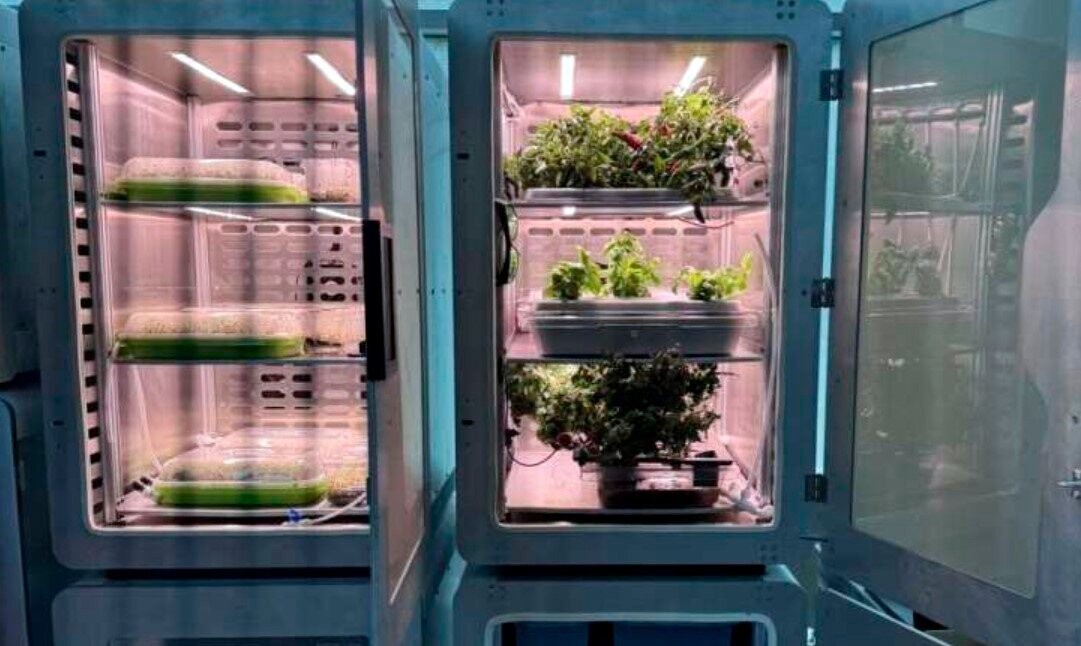
A group of bioengineers has proposed a radical new method of food production they have termed "electric agriculture." The main objective of this process is to increase the efficiency of photosynthesis, according to lead author Feng Jiao, an electrochemist at Washington University in St. Louis.
This innovative approach would allow the cultivation of plants in darkness, using a combination of artificial light and electricity to stimulate crop growth. According to the researchers, this technique could revolutionize the way food is produced outside of nature, introducing a more efficient way to harness energy for plant cultivation.
The concept of electric agriculture raises the possibility of growing plants indoors, in controlled environments, where light and nutrient conditions would be adjusted to optimize crop growth. This would open new opportunities for agriculture in regions with unfavorable climatic conditions or space limitations for traditional cultivation.
Feng Jiao and his team hope that this innovative proposal can help increase crop productivity and ensure food security in the future. Although the process is still in its early stages of development, the potential of electric agriculture to transform the way we grow food is promising and could offer sustainable solutions to current agricultural challenges.












